Jeff Bezos quit as CEO last week. Amidst the piles of wealth that he created the letters he wrote have been rich! Every year, he has written one. The closing lines of the latest one as he bid adieu to being CEO, is special. It reads, “Let curiosity be your compass”. Particularly apt for the times we live in.
Curiosity In The Corporate World
In 2004 a giant hoarding appeared on Highway 101 in the Bay Area. All it said was ” “{first 10-digit prime found in consecutive digits of e}.com “. Most motorists would have passed the hoarding by. Others would have been momentarily interested. But to the real curious who went after the problem, the answer lead to a Google web page asking for a resume!
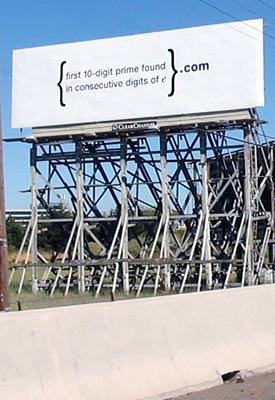
Neat, isn’t it? Very creative, I thought.
But invitations to be curious, I must hasten to add, are more an exception than the rule in the corporate world. The corporate world is increasingly keeping curiosity at bay. Organisations have their moments of rare sparks but then they tend to get back to the dull and dreary modes with accomplished ease.
Research often points to the suppression of curiosity in the corporate world. There are innumerable examples of curiosity getting sacrificed at the altar of efficiency and speed. Not to speak of the need for conformity!
Time and again, the leaders (& organisations) who nurture curiosity are the ones that stay relevant for long durations. Whatever the department, whichever the level of the hierarchy a person is in, curiosity makes a huge difference. It brings great progress, for one. Of course there are legions of other well documented benefits. Benefits that stretch from better decisions, cohesiveness and engagement. Curious about where you stand? Here’s an assessment to find out your curiosity profile.
Let Curiosity Be Your Compass
Curiosity is a human trait that has brought progress to human kind through the centuries. Our world extends beyond work. Honing curiosity is super critical survival skill. So, it is innate in you and me.
In the internet enabled world, a friend argued, it is a joy to be curious. At the click of a mouse or a flick of a finger, answers are always available. That left me thinking about curiosity. Think about these.
1. Ask yourself, how much do you google? (Or use Safari / Bing / Firefox)? Before you answer, let me quickly add. The essential questions are these: “Do I stop with the answer that a search throws up? How do I deal with what comes up? How long was the idea in my mind?”
While technology has provided us access to knowledge, true development resides in staying with the question. It comes from connecting dots that don’t seem to connect in an obvious way. The process of discovering answers adds up much more than the mere answer itself.
2. What all have you been curious about? Take a blank sheet of paper and list all that you have been curious about over the last few days? Perhaps you could access your search history and see what all you have searched for. Have you been lead by an immediate operational need? Or has it been a question that you wrestled with? And by the way, what have you been left with after the answer?
In many conversations with my daughter, I am often stumped by the expanse of her questions and innate wonder of things. From tyres to triangles and roots to rockets, her curiosity knows no bounds. I have learnt that the internet informs the curious mind. But from my daughter, I realise that a child like curiosity is an important pre-requsite for accessing knowledge!
I am curious. What do you think? To let curiosity be your compass is one sure way to manage the choppy waters of our present day world.
The OWL Despatch
This is edition 76 of The OWL Despatch! It’s a labour of love with a short essay and a five links for readers. It usually goes out every other Tuesday. As always, here are five pieces that I read over the last two weeks that could kick start some thinking in you.
1. How your organization’s writing reveals its problems – and potential fixes
2. “Stay Healthy” or “Keep Safe”: Which Social-Distancing Messages Are the Most Persuasive?
3. Debunking Myths About Exercise And Sleep
4. The history of humiliation points to the future of human dignity
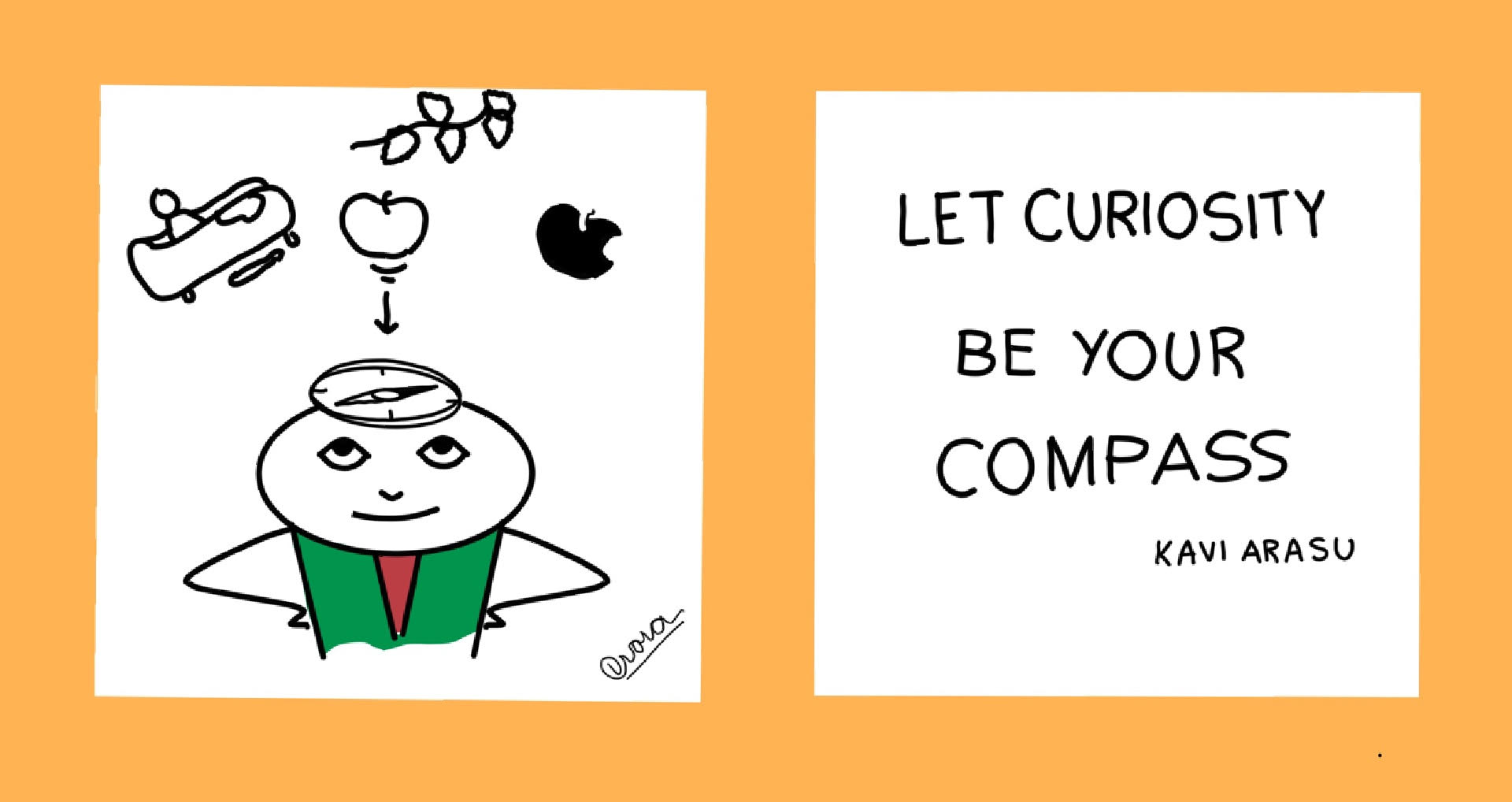
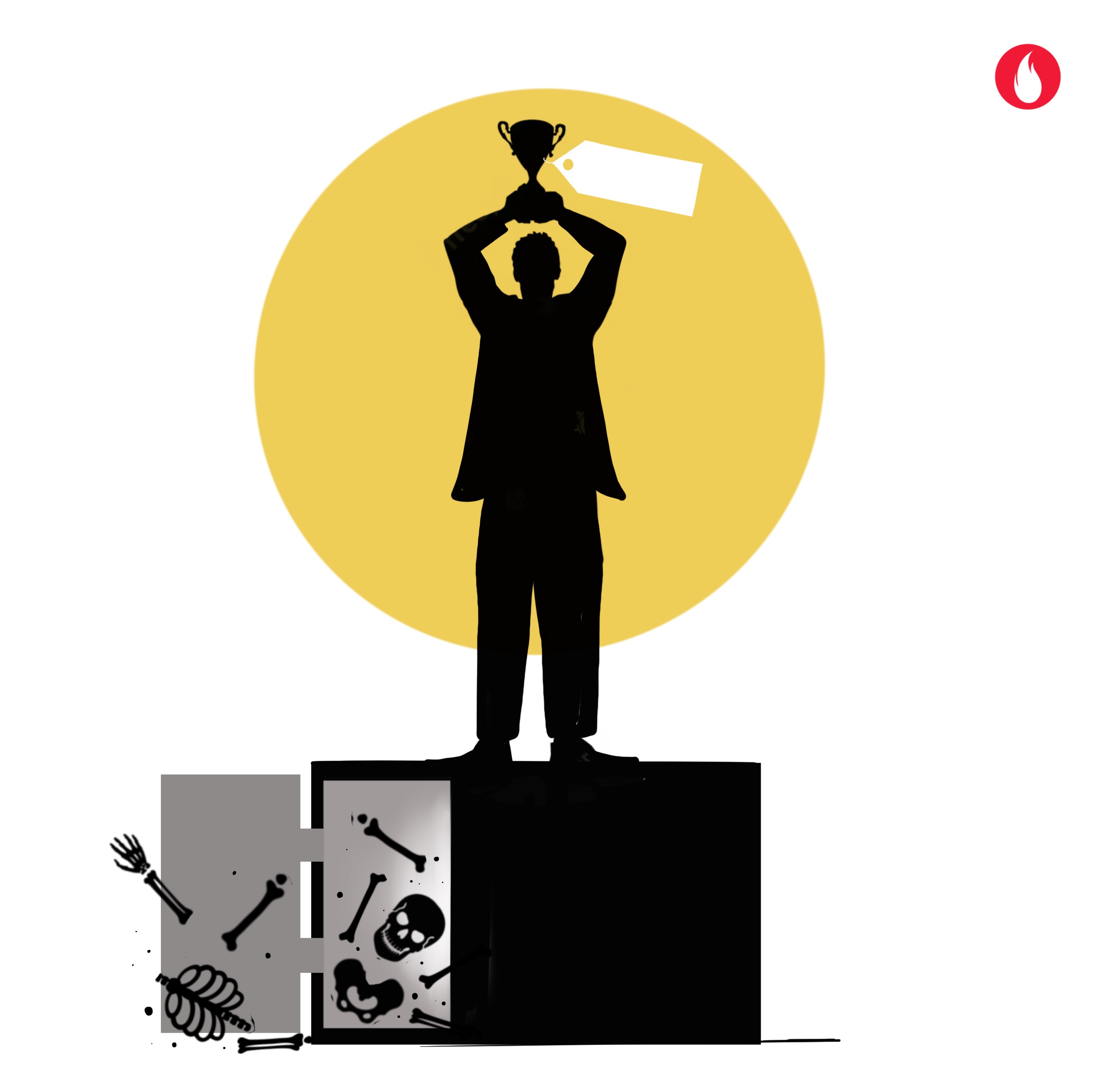
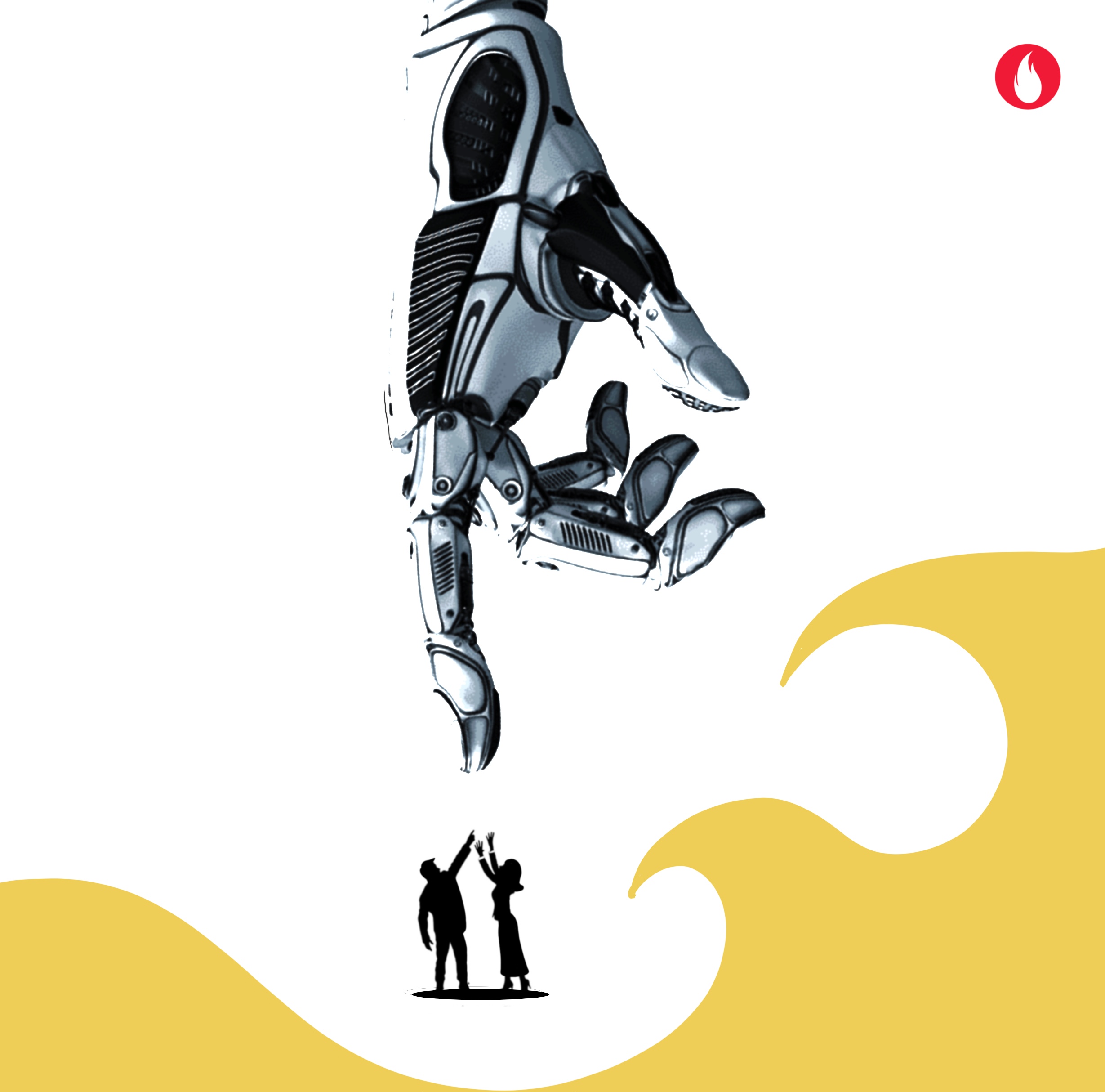
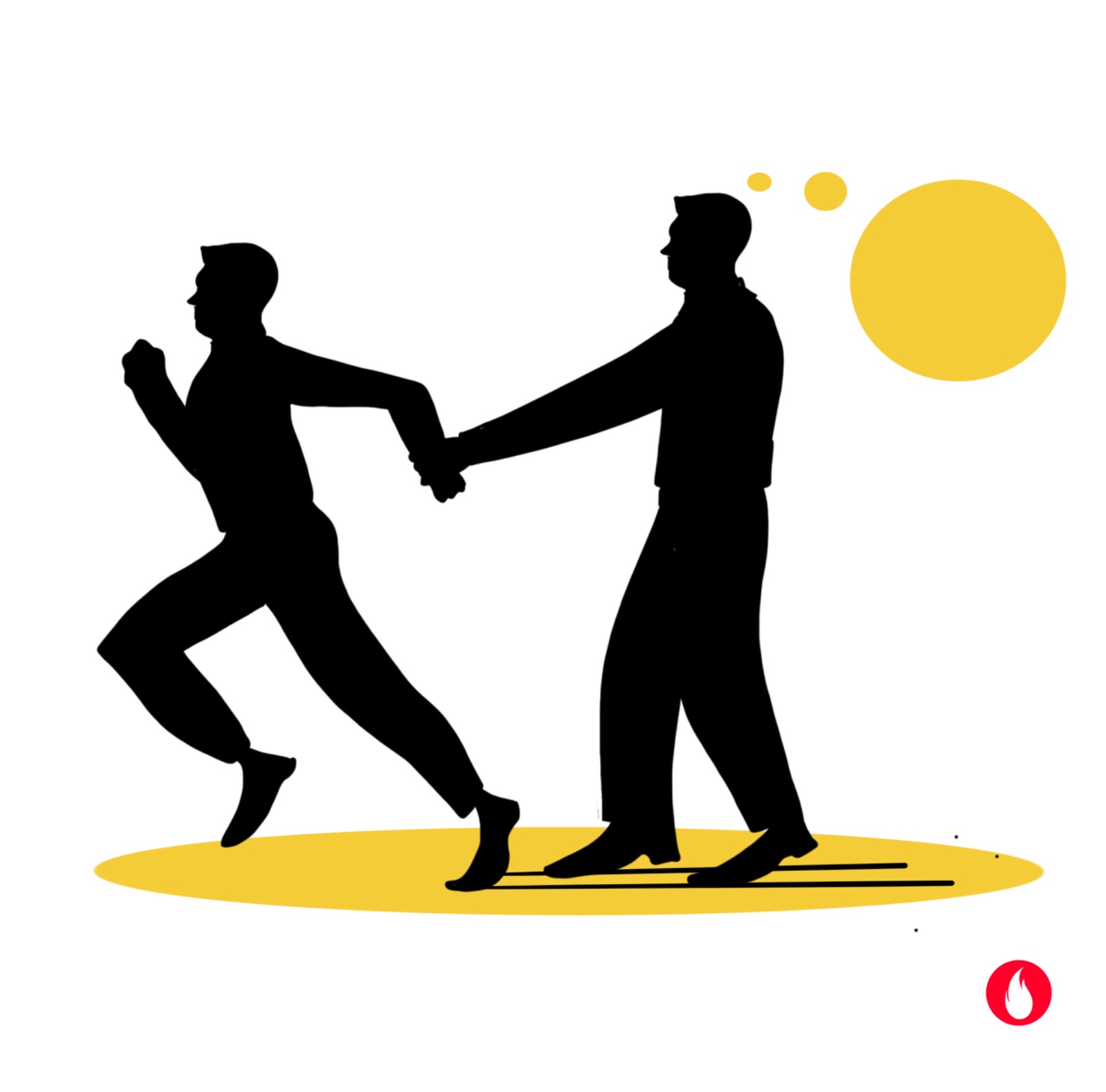
January 22, 2022, 3:22 am